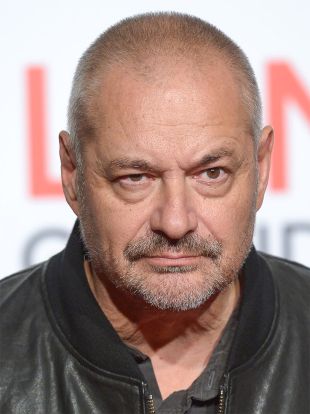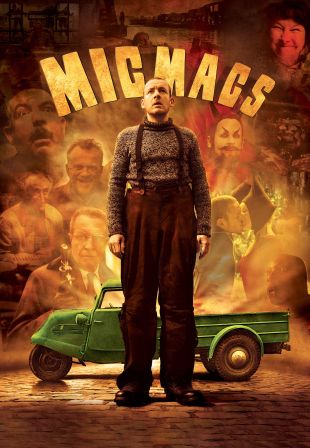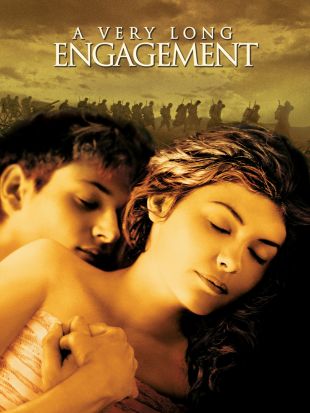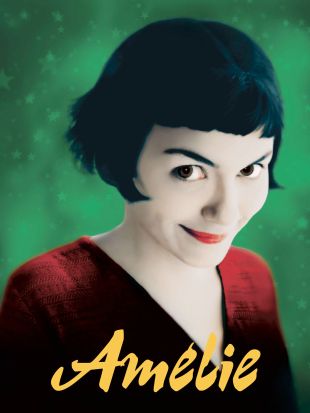Several years before he helmed the fourth Alien film, Jean-Pierre Jeunet, together with fellow French cinema wunderkind/creative partner Marc Caro, made his mark on international cinema with two of the most distinctive films of the 1990s. Collaborating throughout the 1980s on ads, music videos, and such shorts as Le Manège (1980), Jeunet and Caro honed their signature visual flair and darkly comic sensibility; Jeunet's solo effort Foutaises (1989) won a César for Best Short Film. Bringing their unique style to feature films in the 1990s, Jeunet and Caro's debut work Delicatessen (1991) became an international art film sensation. Hailed for its grotesquely comic and oddly touching tale of post-nuclear survival amid a group of eccentrics in an ominous, almost palpably clammy yet cartoon-like "retro future" setting, Delicatessen attracted an ardent following and earned several festival prizes and two Césars. Flush from Delicatessen's success, Jeunet and Caro finally made a feature they'd been planning for 14 years, the adult fairy tale The City of Lost Children (1995). Shot on elaborate sets with an international cast (including the voice of French star Jean-Louis Trintignant), Jeunet and Caro created an inventively detailed fantasy world to depict the story of an evil scientist's plan to pilfer children's dreams. Though some critics were left scratching their heads over the plot, The City of Lost Children's rapturous visuals impressed audiences and turned it into another cult hit for Jeunet and Caro. Parting directorial ways with Caro after The City of Lost Children, Jeunet headed to Hollywood to direct Alien Resurrection (1997). Though Jeunet had always handled the actors while Caro supervised the images in their films, Caro's credited presence as a design supervisor ensured that Jeunet's entry in the Alien franchise bore their distinctive visual stamp as well as Jeunet's ability to convey human pathos amidst grotesquerie. Opening to mixed reviews from critics and fans, Alien Resurrection did not quite live up to its title promise for the series.
Though his stint in Hollywood left something to be desired in a project that seemed perfectly suited to the eccentric director's darkly skewed and complex visuals, Jeunet found himself the recipient of almost overwhelming praise with his 2001 release Le Fabuleux destin d'Amélie Poulain. Released stateside as simply Amelie, the film showed Jeunet more comfortable with his distinct visual style than ever, with the darkness that had enshrouded his previous films shifting toward a brighter, more optimistic outlook. A labor of love that he had been scripting even before taking the director's chair for Alien Resurrection, Amelie told the simple story of a remarkable woman who finds that she has a unique gift for influencing the lives of others in almost magical ways.
Working his signature visual magic on Paris, Jeunet transforms the city into a deliriously beautiful, amber-tinged fantasy reality (complete with the graffiti digitally removed), complementing a fanciful quest that encompasses mysterious photo booth detritus, humorously gaslighting a cruel grocer, and a globe-trotting garden gnome. Topped off by winsome star Audrey Tautou, Amélie broke box office records in France, won several European Film awards and redeemed Jeunet as an art house darling in the U.S.



